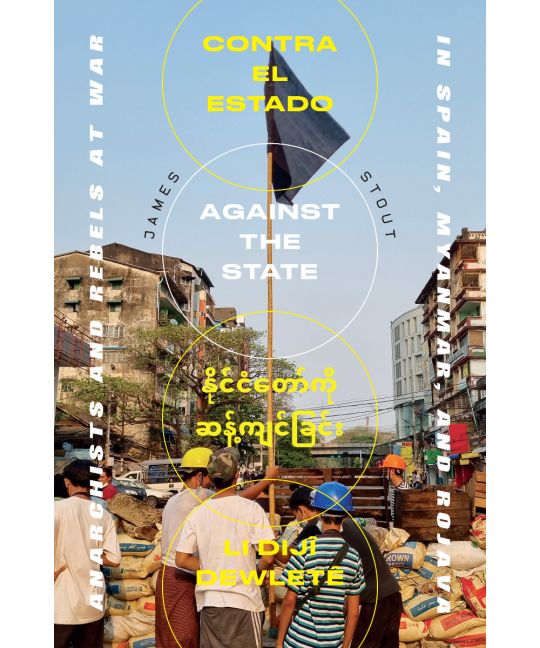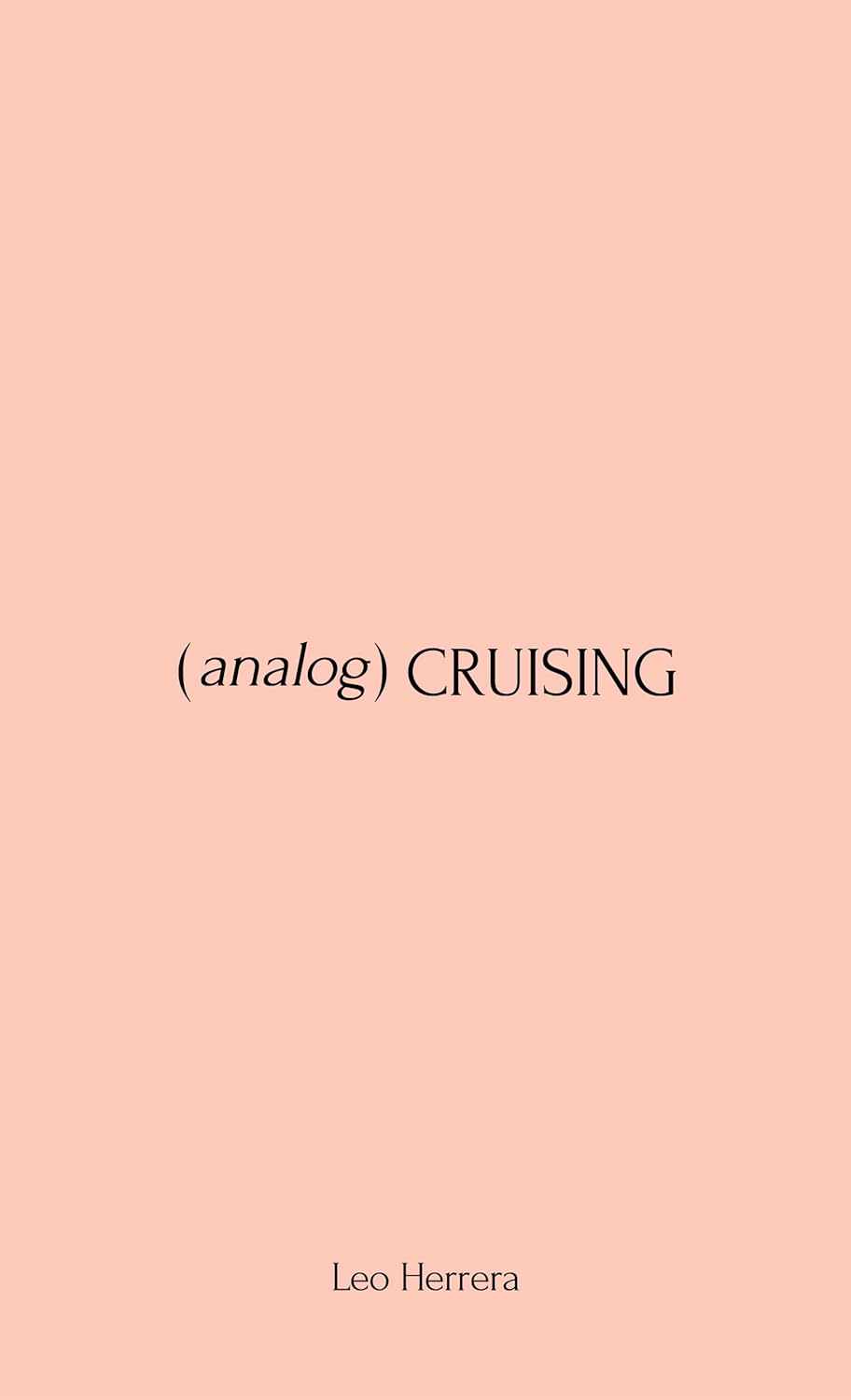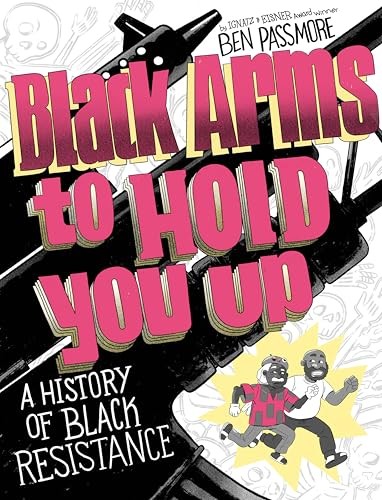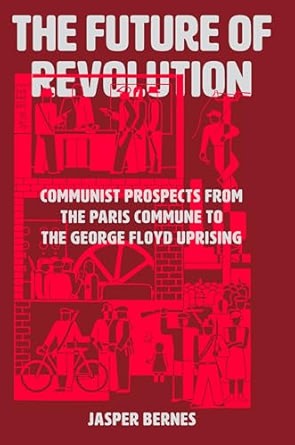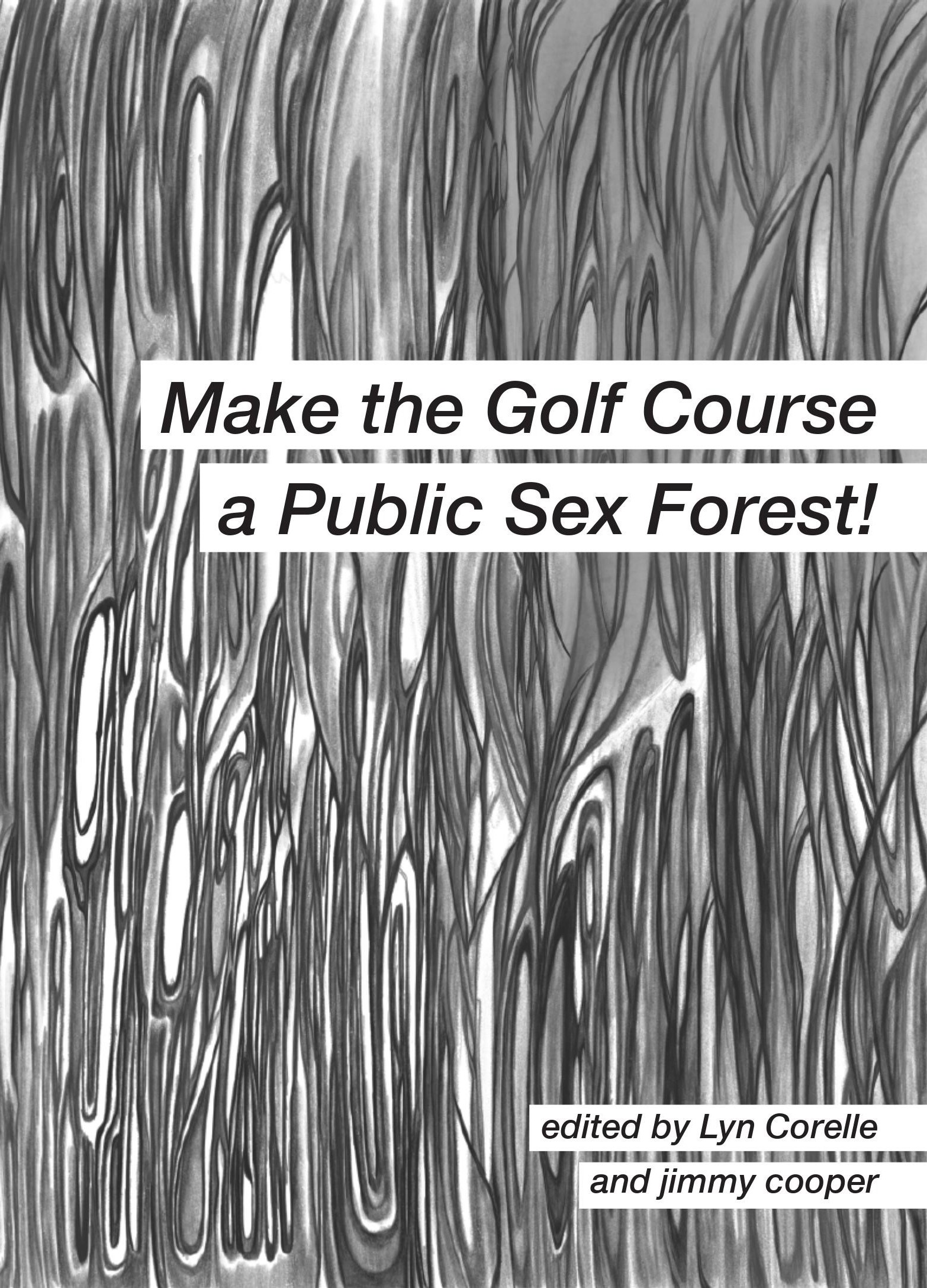I have worked my way through the larger works of AT, and now onto the stand alones. This one was fun, and really, I have to say if the robots gain sentience's I will be on their side against exploitation of their labour. So really spent all 400 pages of this book being like, I hope technology never gains self-awareness, but if they do....
User Profile
Printer, anarchist, illustrator, & enthusiast of the printed word.
FediBanter: @Thundering@kolektiva.social
⭐⭐⭐⭐⭐ I want everyone to read it and think of it often ⭐⭐⭐⭐ Great book, fun, and uncomplicated ⭐⭐⭐ Good, feel complicated about if I wasted my time ⭐⭐+⬇️ I hate read this
This link opens in a pop-up window
Leaving_Marx's books
2026 Reading Goal
10% complete! Leaving_Marx has read 3 of 30 books.
User Activity
RSS feed Back
Leaving_Marx wants to read The Martians by Kim Stanley Robinson

The Martians by Kim Stanley Robinson
School Library Binding
Leaving_Marx reviewed Service Model by Adrian Tchaikovsky
Standalone novel
4 stars
I have worked my way through the larger works of AT, and now onto the stand alones. This one was fun, and really, I have to say if the robots gain sentience's I will be on their side against exploitation of their labour. So really spent all 400 pages of this book being like, I hope technology never gains self-awareness, but if they do....
Leaving_Marx finished reading Service Model by Adrian Tchaikovsky

Service Model by Adrian Tchaikovsky
Humanity is a dying breed, utterly reliant on artificial labor and service. When a domesticated robot gets a nasty little …
Leaving_Marx started reading Service Model by Adrian Tchaikovsky

Service Model by Adrian Tchaikovsky
Humanity is a dying breed, utterly reliant on artificial labor and service. When a domesticated robot gets a nasty little …
Leaving_Marx wants to read Against the State by James Stout
Leaving_Marx wants to read (analog) Cruising by Leo Herrera
Leaving_Marx commented on Black Arms to Hold You Up by Ben Passmore
Leaving_Marx wants to read Black Arms to Hold You Up by Ben Passmore
Leaving_Marx started reading Future of Revolution by Jasper Bernes
Leaving_Marx reviewed The Butterfly's Burden by Mahmoud Darwish
great, self-reflective, utopic-realism
5 stars
Mahmoud Darwish was pitched to me at the Palestian poet, a great export and articulate poet who kept up with anti-colonial resistance. This specific collection of his poems is set with the arabic originals and english translations facing each other, while i am sure allows those with some familiarity with arabic to get more meaning from his work, what it said to me is the translate was confident with their translations to have it compared in real time.
the collection of poems in this books that really stood out and i went back to read a second time was, "a State of Siege". it was poetic, at times utopic and others dark, it spoke on people living through war and facing it with chins held high. It is now in my top 5 works of poetry!
Mahmoud Darwish was pitched to me at the Palestian poet, a great export and articulate poet who kept up with anti-colonial resistance. This specific collection of his poems is set with the arabic originals and english translations facing each other, while i am sure allows those with some familiarity with arabic to get more meaning from his work, what it said to me is the translate was confident with their translations to have it compared in real time.
the collection of poems in this books that really stood out and i went back to read a second time was, "a State of Siege". it was poetic, at times utopic and others dark, it spoke on people living through war and facing it with chins held high. It is now in my top 5 works of poetry!
Leaving_Marx finished reading The Butterfly's Burden by Mahmoud Darwish
Leaving_Marx replied to people like books's status
@peoplelikebooks REVIEW REVIEW REVEIW!!!
